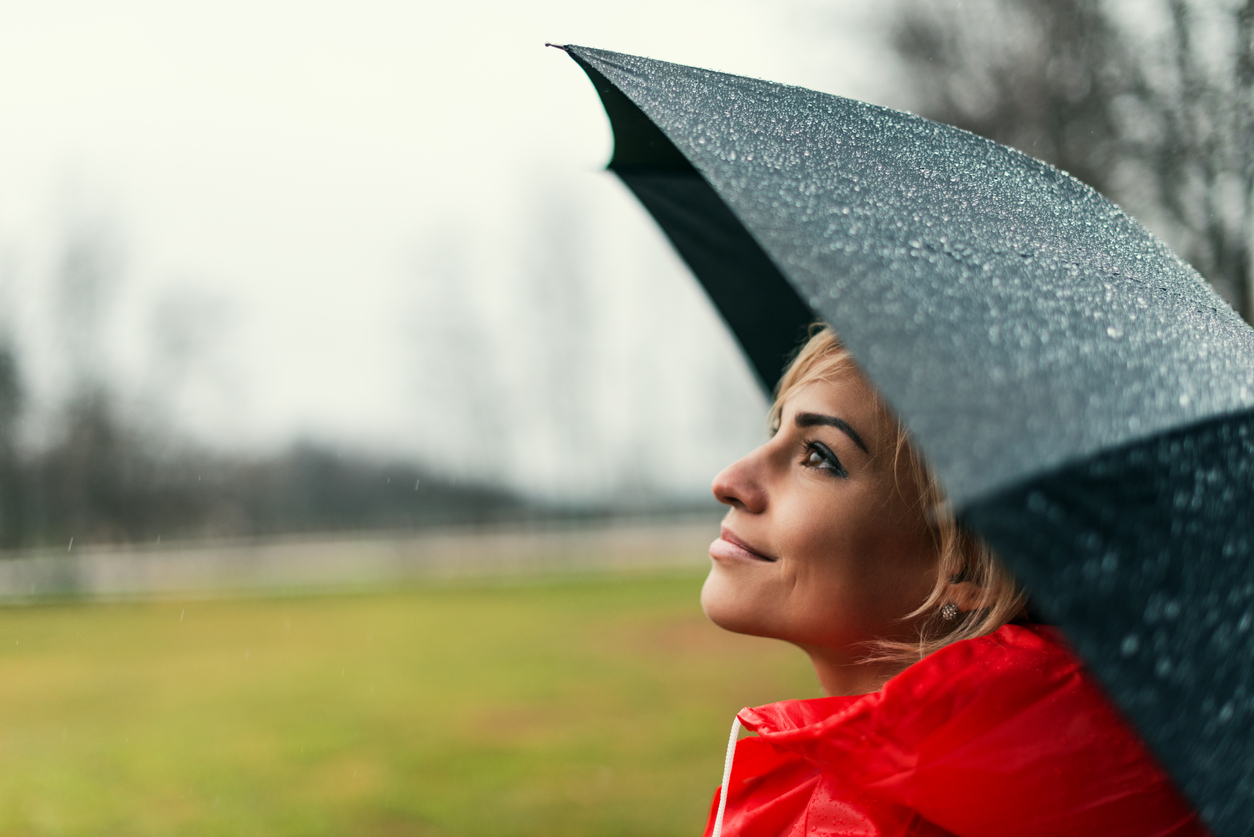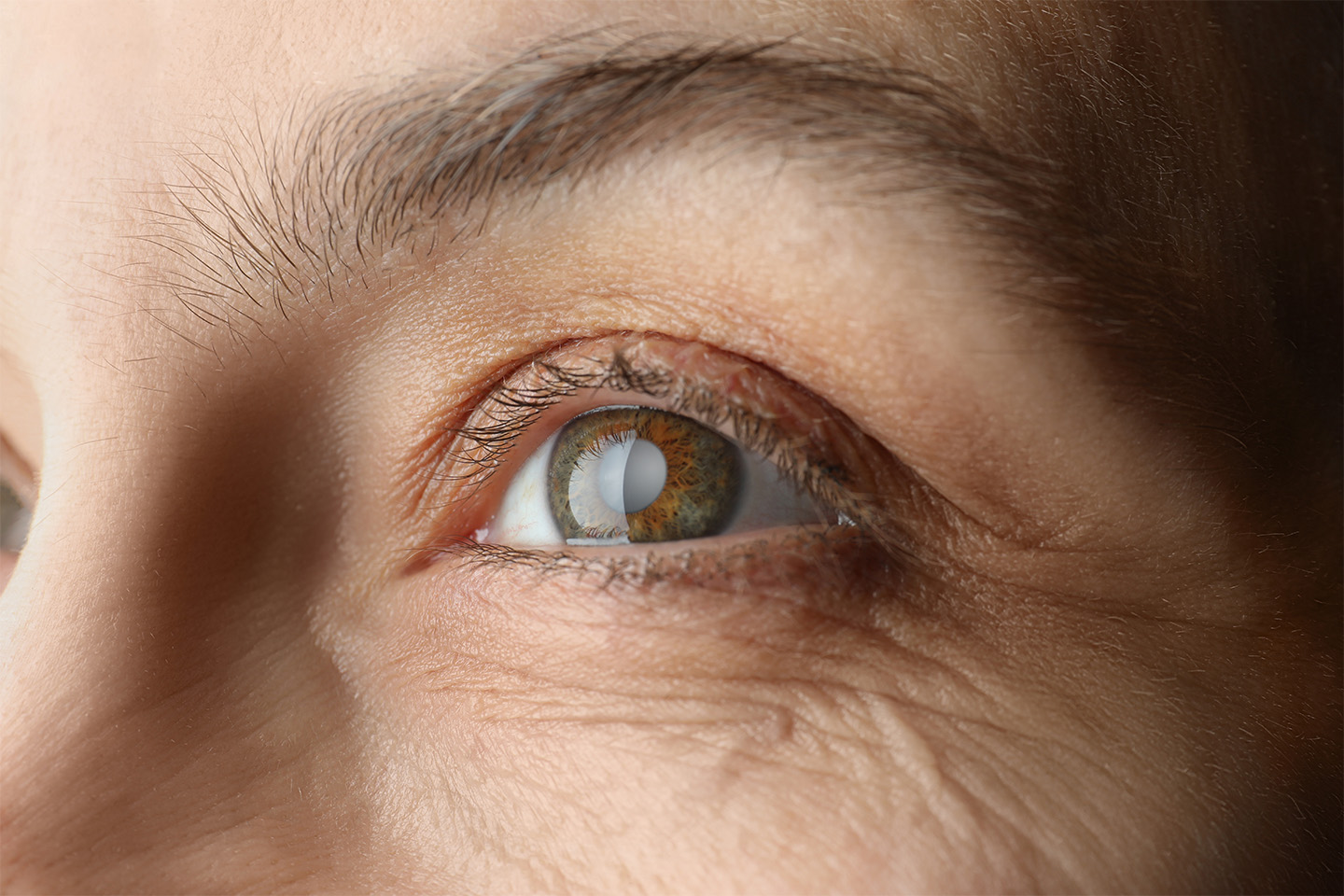The Weather and Your Eyes: Here’s What You Need to Know

Rain or shine, it’s important to protect your eyes. Find out how to keep your vision sharp all year round.
Popular site AccuWeather processes over 9.5 billion requests for weather information each day. Most people check the weather daily to make sure they’re dressed properly for what the day brings — so why not do the same for your eyes?
All kinds of weather — hot, cold, damp, dry — can impact your eyes. Here’s what you need to know about keeping your eyes safe.
Sunny Skies
If you live somewhere hot and dry like Texas, you know a 90-degree day can wreak havoc on your body. In particular, it’s important to protect your eyes from the sun because they’re extremely delicate, and damage from UV rays can be permanent.
Too much exposure to the sun’s UV rays can damage your corneas, cause cataracts, and even lead to macular degeneration. Don’t be fooled by clouds either — UV rays can still pass through the haze and damage your eyesight. Farmers and others who spend a lot of time in the midday sun are also susceptible to pterygia, which are benign but irritating growths on the whites of the eyes.
Low humidity can be damaging to your eyes because the dryness in the surrounding air will also dry out your eyes, leading to irritation and itchiness. Taking a break from the summer heat and going into a mall for a blast of air conditioning might feel refreshing, but unfortunately, that cool air replicates the drying effects of low humidity environments.
Luckily, there are steps you can take to protect your eyes from the sun and heat:
- Wear UV-blocking sunglasses year-round, even on cloudy days.
- Wear a hat with at least a three-inch brim.
- Never look directly into the sun, especially during an eclipse.
- Bring lubricating eye drops with you on planes or anywhere else where the air is dry.
- If you can, stay indoors between 10 AM and 4 PM, when the sun is most intense.
Cold Snaps
Sunny, hot days get a lot of attention when it comes to eye care, but you also need to protect your eyes during the winter months. For example, 80 percent of the sun’s harmful UV rays are reflected off of surfaces like water, sand, and snow. Photokeratitis, also known as snow blindness, is a common affliction for skiers and snowboarders who spend too much time in the bright, white snow on a sunny day. Symptoms of snow blindness include blurred vision, eye pain, and temporary loss of vision.
Further, freezing temperatures can be harmful to your eyes. Cold air can dry your eyes out or make them water depending on how your body reacts to cold, but the stinging sensation caused by low temperatures is universal. Extreme cold can also temporarily constrict the blood vessels in your eyes and cause them to swell, which leads to blurry vision. Be sure to wear protective goggles or a mask and stock up on eye drops before braving the cold.
Keep Your Eyes Healthy
If the Texas heat is taking a toll on your eyes, contact the eye care professionals at Kleiman Evangelista today. In addition to LASIK and cataract surgery, we also specialize in pterygium removal and dry eye treatments. Stop by for a visit, rain or shine!
Turn To The Top Eye Doctors In Texas
Check out one of our locations below for the best eye care near you:
[DISPLAY_ULTIMATE_SOCIAL_ICONS]








